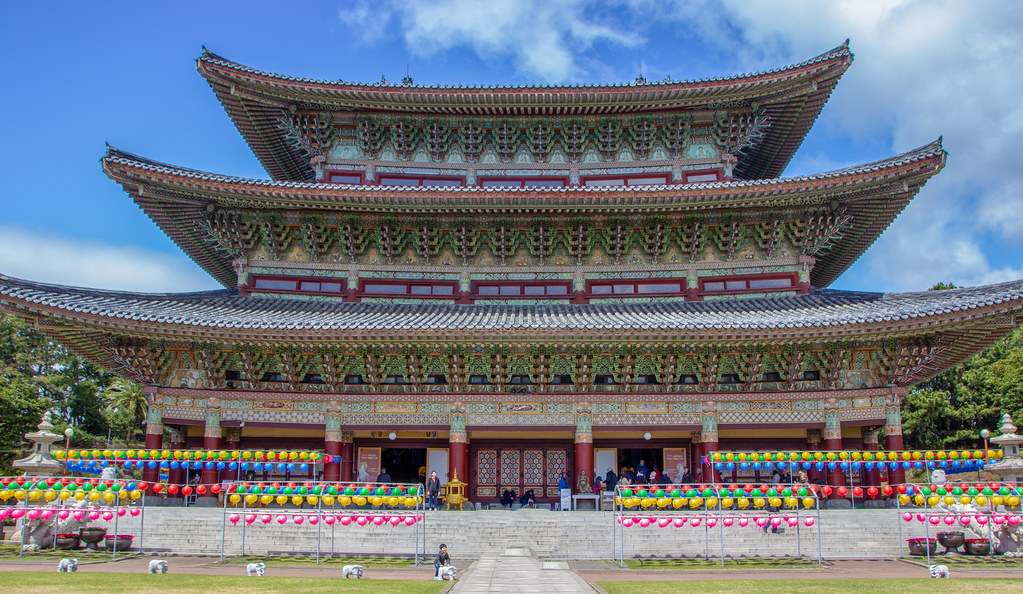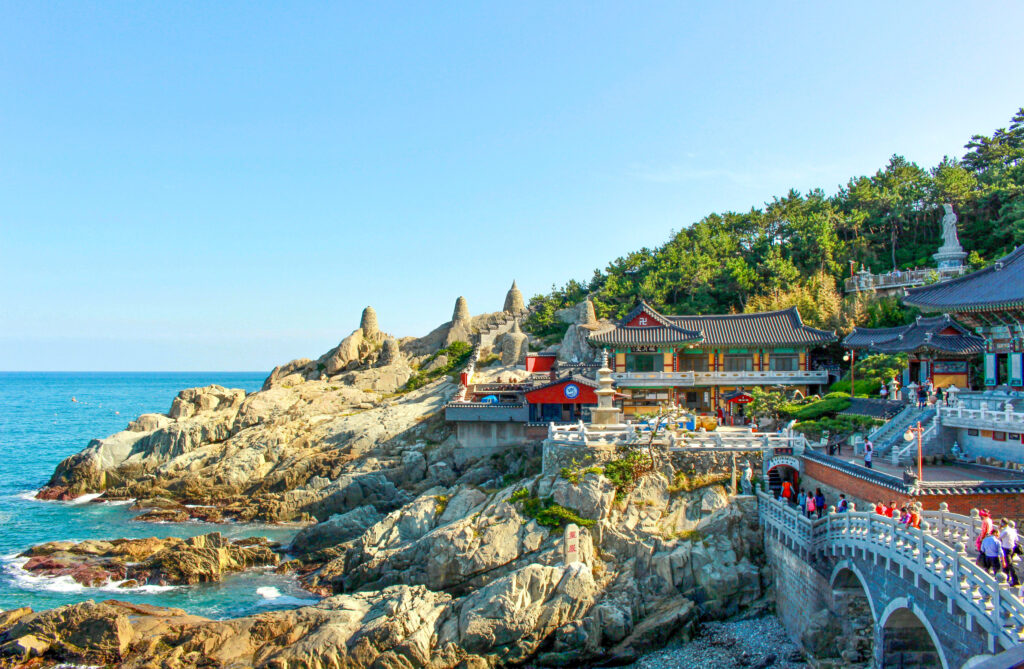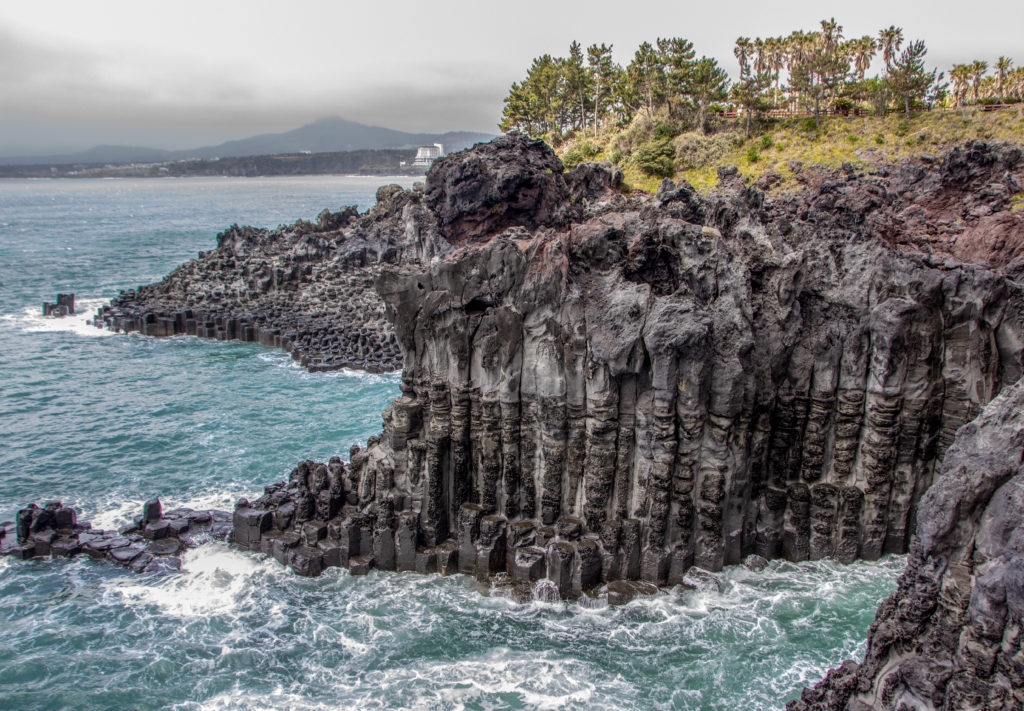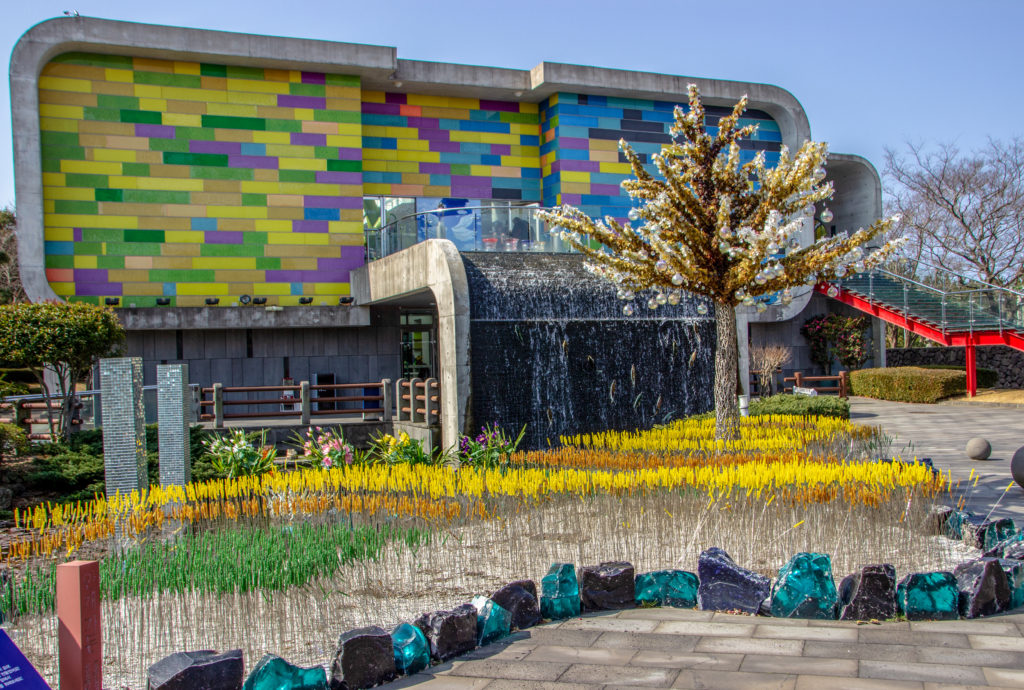About South Korea
Officially known as the Republic of Korea (ROK), South Korea makes up the southern area of the Korean Peninsula in East Asia. It borders North Korea with the Yellow Sea to the East and Sea of Japan to the west. The capital city is Seoul and the currency is the South Korean Won. Other major cities include Incheon, Busan and Daegu. The Korean War began in 1950 from a North Korean invasion lasting till 1953. Due to Cold War contention, North Korea aligned with Soviet Union and China becoming a Communist Regime. Whereas, South Korea aligned with the United States, becoming democratic. From my travels as an Acupuncturist-at-Sea, I created these South Korea Travel Guides below.
South Korea has a humid continental and subtropical climate. Rainfall happens mostly from June to September. The southern coast is most affected by late summer typhoons.
Korean is the official language. Hangui is the indigenous writing system. According to the last consensus, more than half the South Korean population don’t follow any religion. The remaining people mainly follow Christianity or Buddhism. There are 900 Buddhist Temples in South Korea. Many of them are perched along mountainsides with floral gardens and statuary in harmony with pung-su or feng shui. For example, I visited the stunning temples near Busan: Haedong Yonggungsa by the sea and Beomeosa in the mountains. South Korea has 20 national parks and popular nature sites, such as, the Suncheon Bay Ecological Park, Boseong Tea Fields and Jirisan.
Jeju Island is the biggest island of South Korea, about 100 km off its southern coast. Also, South Korea’s highest point is on Jeju Island, Hallasan, an extinct volcano. The island was formed by the eruption of an underwater volcano approximately 2 million years ago. It contains the Jeju Volcanic Island and Lava Tubes. Jeju Island has a temperate climate which is moderate all year-round. Jeju is a popular holiday destination and known as “Honeymoon Island” for newlyweds.
South Korea Travel Guides
Magnificent Buddhist Temple Tours near Busan at Haedong Yonggungsa & Beomeosa
Visiting South Korea would not be complete without going to one of their Buddhist temples near Busan (900 total in…
Stunning Jeju Island’s Daepo Jusangjeolli Cliff, Temples and Gardens Tour
Exploring Jeju Island’s top attractions reveals why it’s called “Honeymoon Island.” This subtropical area is a romantic sanctuary on the…
Unique Jeju Island’s Spirited Garden & Glass Castle Theme Park Tours
Jeju is often called, “Honeymoon Island” as many newlyweds spend their romantic getaway here. On the Korean Strait, Jeju Island…




